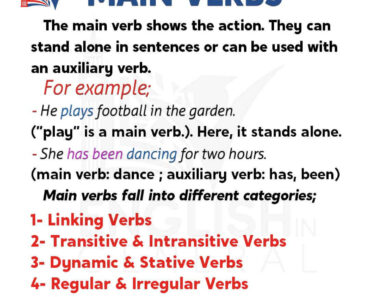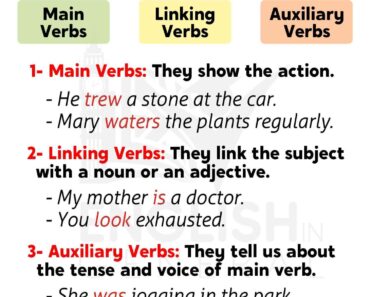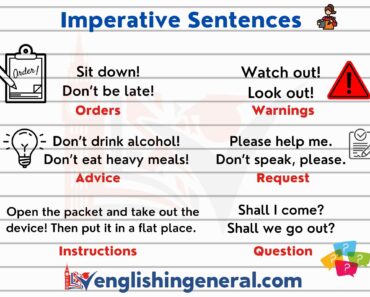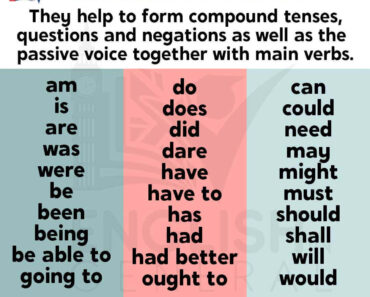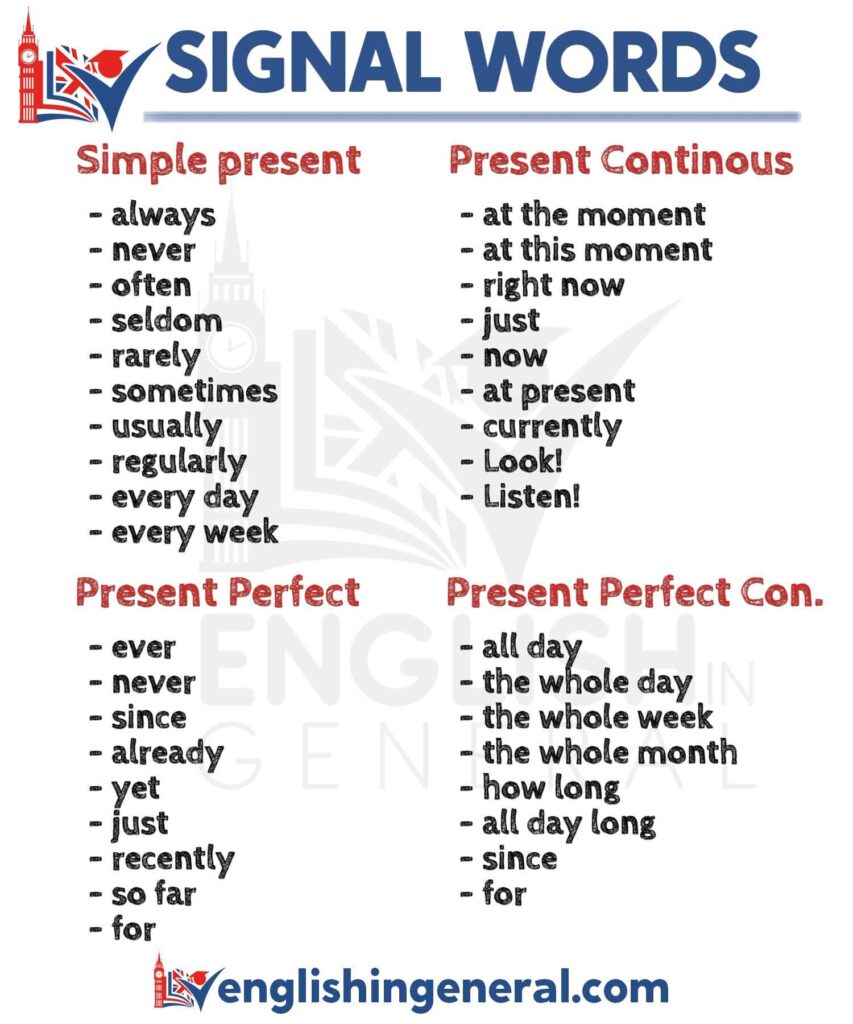
In language learning, signal words are generally understood to be information that indicates the use of certain tenses. Such terms can be single words, typical word combinations, or word groups (in most cases as adverbials), or even entire sentences. The advantage for language learners, and here in particular for English learners, is obvious – if you want to form a sentence with one of these signal indications, you can usually rely on the associated time (tense) and conjugate the predicate (verb) accordingly.
Attention! However, it should not be forgotten that signal words are very often valid, depending on the type, but never in all cases.
In the English language, the following are the most important signal words for grammatical tenses:
There are these very typical ones for the present simple, which express regularity:
regularly, usually, every year, every day, normally (usually), often, rarely, etc.
“Sunny always plays tennis on Tuesdays.”
The present continuous offers the following:
currently, now, at the moment, this week, next month, etc.
“I’m living at Kent’s house at the moment.” (I’m living with Kent right now.)
Another tense that has well-functioning signal words is the present perfect. With these signal words it can often be in the simple or in the ing-form (progressive):
since, for (since), recently; since 7 o’clock, for five years, etc.
“Steffi hasn’t seen her best friend for two years.” (Steffi hasn’t seen her best friend in two years.)
With the simple past, you can also rely very well on signal words, which would be:
yesterday, last year, two hours ago, last weekend, in 2007, etc.
“Francis moved to Italy in 2010.”
The past perfect also has some of these words. You have to be careful with these, however, as they can also apply to the present perfect. Some of these signal words are:
just, never, how long, for, since, already, etc.
“We had already left when the band started to play.” (We were already gone when the band started playing.)
Info: The future times are somewhat limited in English when it comes to signal words. While some certain phrases and expressions refer to the future, none of them are unique. One should therefore not rely on special ones.

